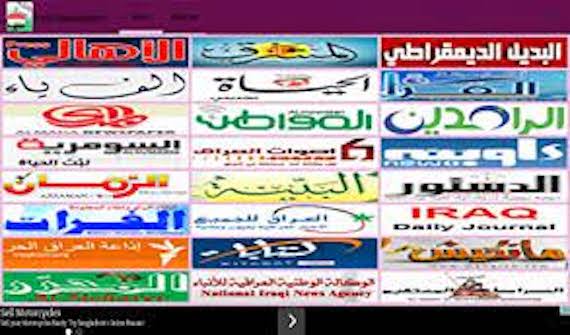Detention, Harassment, Killings Continue
( Human Rights Watch ) – April 8 is a day that lives in infamy for media in Iraq. 20 years ago, two American missiles hit the Al Jazeera offices in Baghdad, killing a reporter and wounding a cameraman. Shortly afterwards, American forces opened fire on the nearby office of Abu Dhabi TV, and a United States tank fired at the Palestine Hotel, a known base for foreign media, killing two cameramen and wounding three journalists.
These attacks prompted accusations that the US was deliberately targeting the media. There was no investigation into the targeting of the Al Jazeera offices, although a US military investigation into the attack on the Palestine hotel cleared US forces of “fault or negligence.”
During the US occupation, a free press remained under threat. US troops frequently detained journalists, some under the justification that they were engaged in or supporting the insurgency via their reporting.

In June 2003, the Coalition Provisional Authority (CPA) issued Order 14, which prohibited media from inciting “violence against any individual or group” or inciting “civil disorder”. The CPA invoked this decree several times to permanently shut down a handful of publications, and temporarily ban others.
Today, the situation is no better. Iraqi authorities view the media as an adversary to be contained and controlled, rather than a vital aspect of Iraqi society. Like Order 14, both Iraqi federal authorities and the Kurdistan Regional Government currently abuse vaguely worded laws to bring criminal charges against critics. Authorities are using prosecutions under these laws to intimidate and in some cases silence journalists, activists, and other dissenting voices.
To protect free speech and enable a free press to flourish, Iraqi federal and Kurdistan regional authorities should end intimidation, harassment, arrests, and assaults of journalists and others for exercising their right to free expression. They should investigate credible allegations of threats or attacks by government employees against critics. Finally, authorities should amend laws and penal code articles that limit free speech and muzzle critical reporting. Only when these conditions are met will a free press have the platform it needs to flourish in Iraq.



 © 2026 All Rights Reserved
© 2026 All Rights Reserved